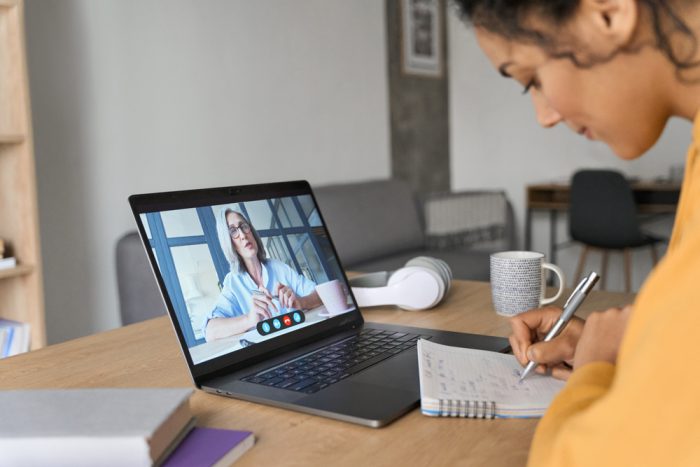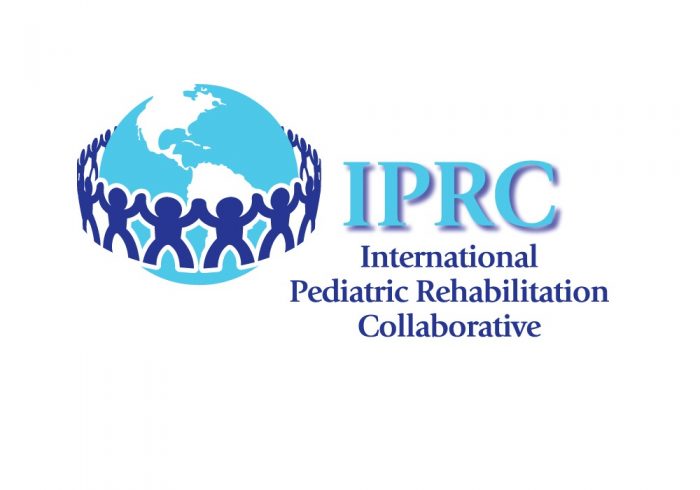Mark your calendars and plan to join us for IPRC’s exciting 2026 educational webinar series. Complimentary registration for all IPRC webinars is a benefit of your RCPA/IPRC Membership.
Tuesday, January 6, 1:00 pm – 2:00 pm EST
Understanding CARF’s New Standards for Disorders of Consciousness
Thursday, February 5, 1:00 pm – 2:00 pm EST
Practical Treatment Options for Neuro-Opthalmic Impairments and Disorders
Tuesday, March 17, 12:00 pm – 1:00 pm EST
Overview of Sexuality & Disability in Pediatrics (Part I)
Tuesday, March 24, 12:00 pm – 1:00 pm EST
A Discipline-Specific Approach to Sexuality & Disability in Pediatrics (Part II)
Monday, April 20, 11:00 am – 12:00 pm EDT
Family Centered Care: One Organization’s Revolutionary Approach to Include Families in all Aspects of Care
Thursday, May 14, 12:00 pm – 1:00 pm EDT
Palliative Care Through the Rehab Continuum: Caring for Children with Complex Needs
Monday, June 1, 1:00 pm – 2:00 pm EDT
A Multi-Disciplinary Approach to Continence Management and Self-Cathing
Wednesday, July 15, 2:00 pm – 3:00 pm EDT
Treatment of Brachial Plexus Injury
Thursday, September 3, 2:00 pm – 3:00 pm EDT
Crossing the Bridge from Clinician to Clinical Leader: How to Develop and Promote Leadership Skills in Clinical Staff
Friday, October 23, 11:00 am – 12:00 pm EDT
The Role of the Pediatric Rehab Professional in Promoting Healthy Weight Management
Monday, November 16, 12:00 pm – 1:00 pm EST
A Deeper Dive into Disorders of Consciousness – Practical Assessment and Treatment Strategies for Pediatric Patients
Tuesday, December 1, 12:30 pm – 1:30 pm EST
Animal-Assisted Therapy Across the Rehab Continuum
Do you have a great topic or know a fantastic presenter? We’d love to hear about it. Please reach out to Cindi Hobbes, IPRC Director.


















